
The ‘Evering Small Tote’ by BEEN London
This month, we’re celebrating designers who are paving the way for a more sustainable and ethical fashion industry. Here, Genia Mineeva, the founder of innovative London-based handbag brand BEEN London, discusses her mission to rescue waste materials, support artisanal techniques and preserve our planet’s biodiversity
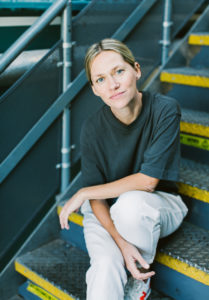
Genia Mineeva
Previously a political journalist for the BBC newsroom and a campaigner for the likes of the UN and Change.org, Genia Mineeva’s entrance into the world of fashion was somewhat unconventional: via her frustration at throwaway coffee cups.
Initially fired up by the idea of making better use of these recyclable objects, she began researching the potential of waste materials and eventually, enrolled on a course in Sustainable Value Chains at Cambridge University followed by a degree in Accessories Design at London College of Fashion.
Follow LUX on Instagram: luxthemagazine
Her brand, BEEN London, was launched, amidst the pandemic, on Kickstarter in 2020 and has since been named as ‘one of the most innovative companies in the world’ by British Vogue. Their product range includes handbags, laptop cases, make-up bags and totes, all made from waste materials and handcrafted by local craftspeople in East London. Here, Genia explains why sustainability is so much more than ticking boxes.
LUX: Your bags are made from a variety of recycled waste materials including apple skin leather. How did you go about developing these?
Genia Mineeva: It all started with a mission to rescue as much waste as possible from going to landfill. And the rest is a story of collaborating with likeminded people and material innovators around the world who are equally passionate about changing the way we make things. Some of our key partners are an Italian fabric mill turning discarded clothes into luxury cotton, a Dutch social enterprise collecting used corporate uniforms from the likes of IKEA and making really beautiful felt, and a team that turns used fishing nets which are polluting our oceans into a stunning regenerated nylon. What we do is develop practical and well-designed everyday accessories that help our customers have a real impact on the things they care about.
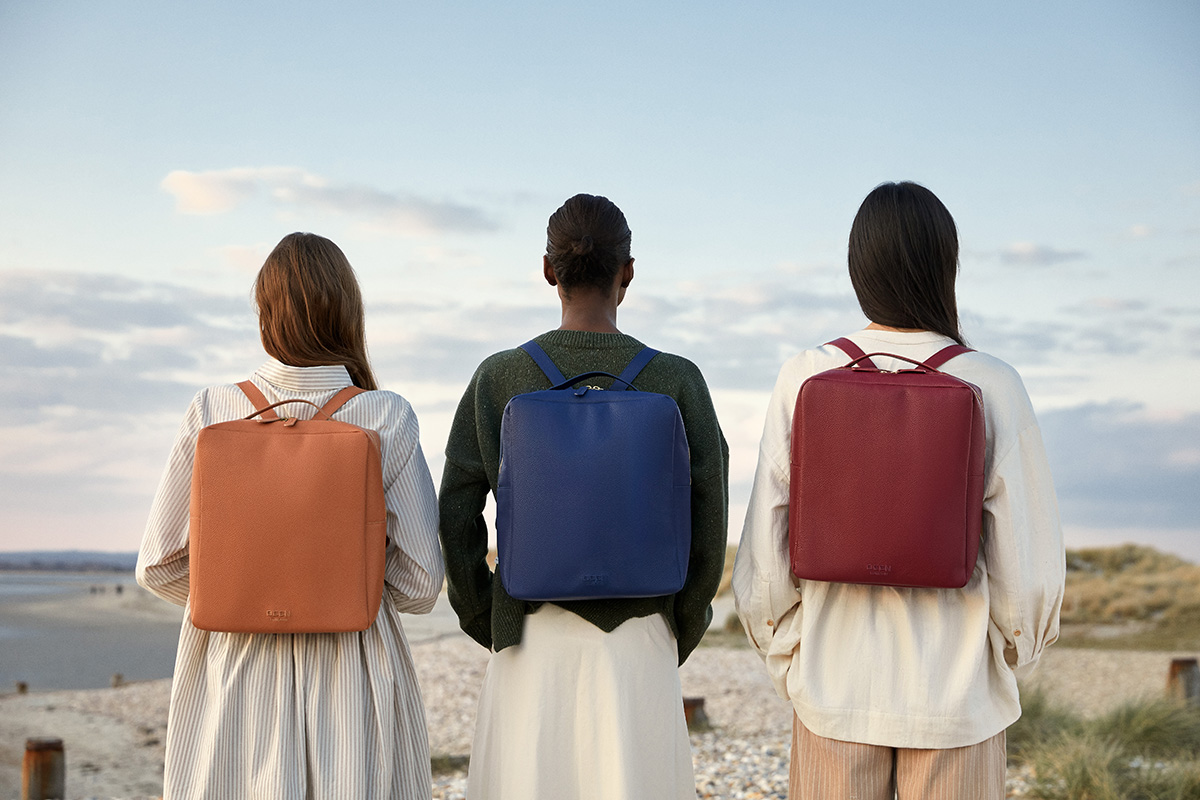
The ‘Islington Backpack’ in three different colours
LUX: How would you describe BEEN London’s design aesthetic?
Genia Mineeva: British Vogue once described our style as ‘Scandi meets Greek island chic’ which I think is pretty accurate! Clean, colourful but most of all practical. We make bags for real people who need a good quality product.
Read more: All-access rundown of Ozwald Boateng’s return to London Fashion Week
LUX: What guides your decision to use a particular material for a specific design or collection?
Genia Mineeva: We have a very clear set of principles here. Firstly, the material has to actually rescue waste, that’s why we wouldn’t use mushroom leather for example or cactus leather – where a plant is grown specifically to make the material. There are some brilliant brands doing it, but this is not our mission. Secondly, we we only work with materials that have a recognised certification (such as Global Recycled Standard 0r Blue Sign) and thirdly, we consider the impact of the material. We look at CO2 emissions, water consumption and even the end of life of each of our bags, we take everything into consideration!
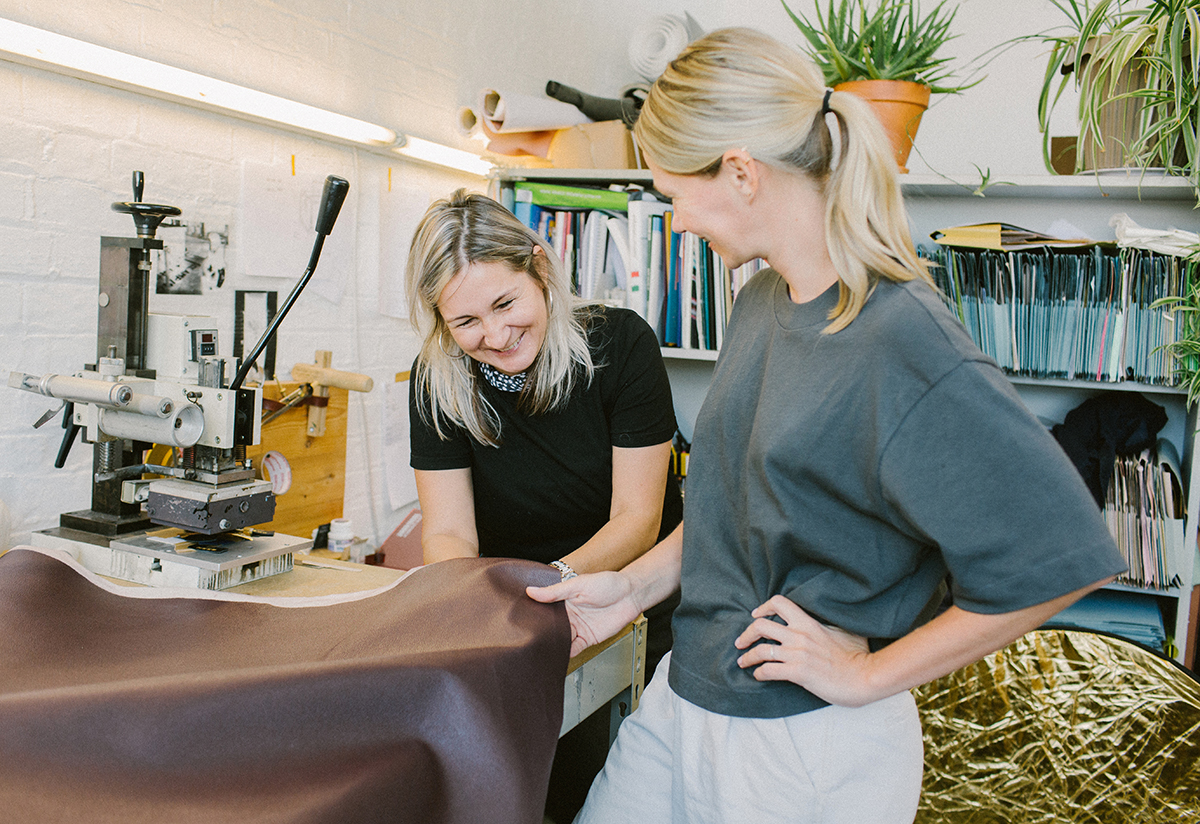
Genia with one of BEEN London’s artisans in their East London workshop
LUX: Each of BEEN London’s bags is handcrafted by artisans in East London. How did you go about finding your team of makers?
Genia Mineeva: It’s all a bit of luck, people recommending other people and a definite gut feeling. My dream is for BEEN London to become the central hub for preserving the disappearing skills of leather makers. How cool would that be to merge artisanal training with innovative materials? All under one roof!
LUX: Why was it important for you to support craft methods?
Genia Mineeva: I think we seem to have lost the connection to how things are really made. A lot of the time, the things that we buy are made somewhere far away and we don’t give a second thought to the person who’s behind it and how their lives are affected by the work they do. To me, it’s about both human rights and wellbeing as well as the slow, beautiful process of making products entirely by hand, with a lot of love and skill put into it.

The ‘Cecilia Crossbody’ bag
LUX: What inspired your decision to start planting trees in Peru? And how does the project work in practice?
Genia Mineeva: We always wanted to expand our impact from reworking waste to include regeneration. The Amazon, being the largest and the fastest disappearing rainforest on the planet, was an obvious choice. The challenge was to find the right partner. So many tree planting programmes are a bit of a box ticking exercise and plant mono-cultural forests (using the same plants all over) but it was very important to us that we planted them properly in order to preserve biodiversity.
Read more: Justin Thornton & Thea Bregazzi, founders of Preen, on their intuitive design approach
LUX: How has your understanding of sustainability changed since you started?
Genia Mineeva: I had a degree in sustainability when I created BEEN London, so the fundamental education was there but as the science and research is forever changing, there is always a lot to learn! It’s about the learning mindset and measuring everything in order to see the brands progress and impact.
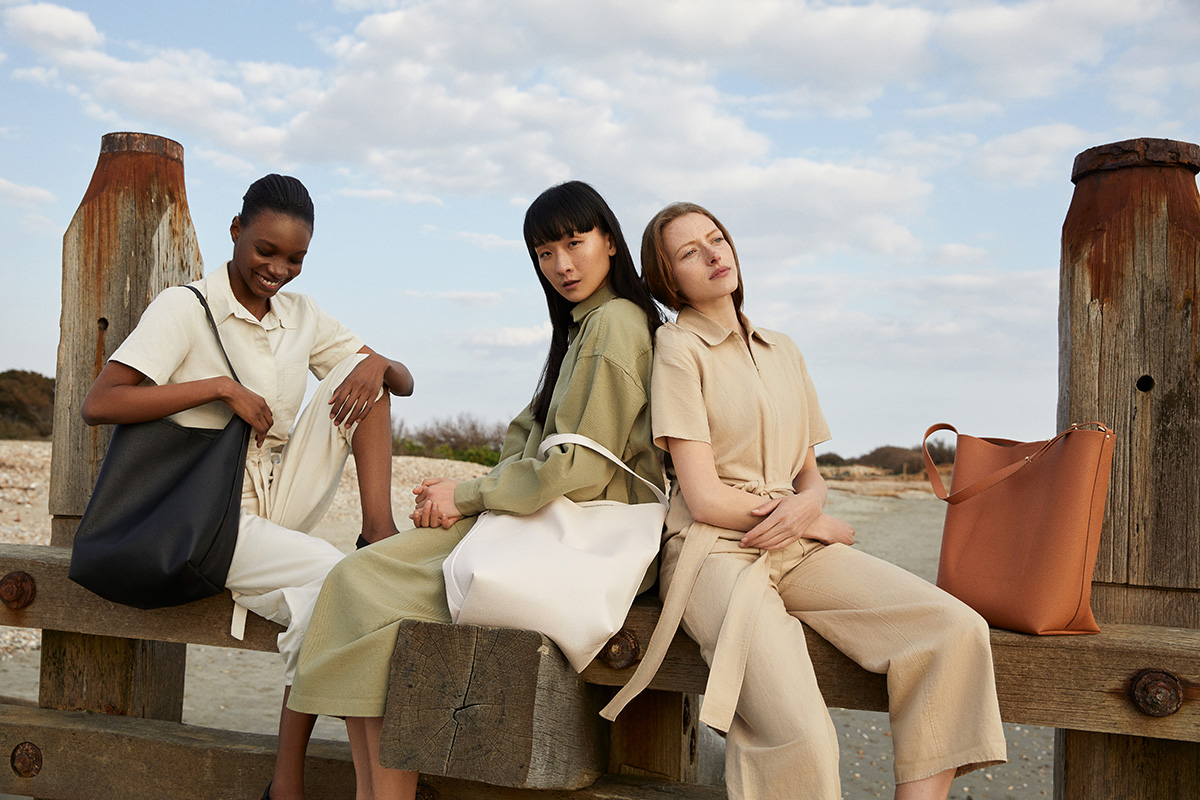
The ‘Monier’ bag in black and white
LUX: What’s the biggest challenge of running a sustainable luxury brand?
Genia Mineeva: Time!
LUX: What are your future ambitions for your company?
Genia Mineeva: We want to become the go-to brand for a trusted, genuine approach. A collaboration from start to finish, we work hand-in-hand to combine traditional craftsmanship with innovation. We believe it’s so important to support local skills and techniques that have stood the test of time. For us, it’s a real dream to really preserve these artisanal techniques and to help train others.
View the collections: been.london

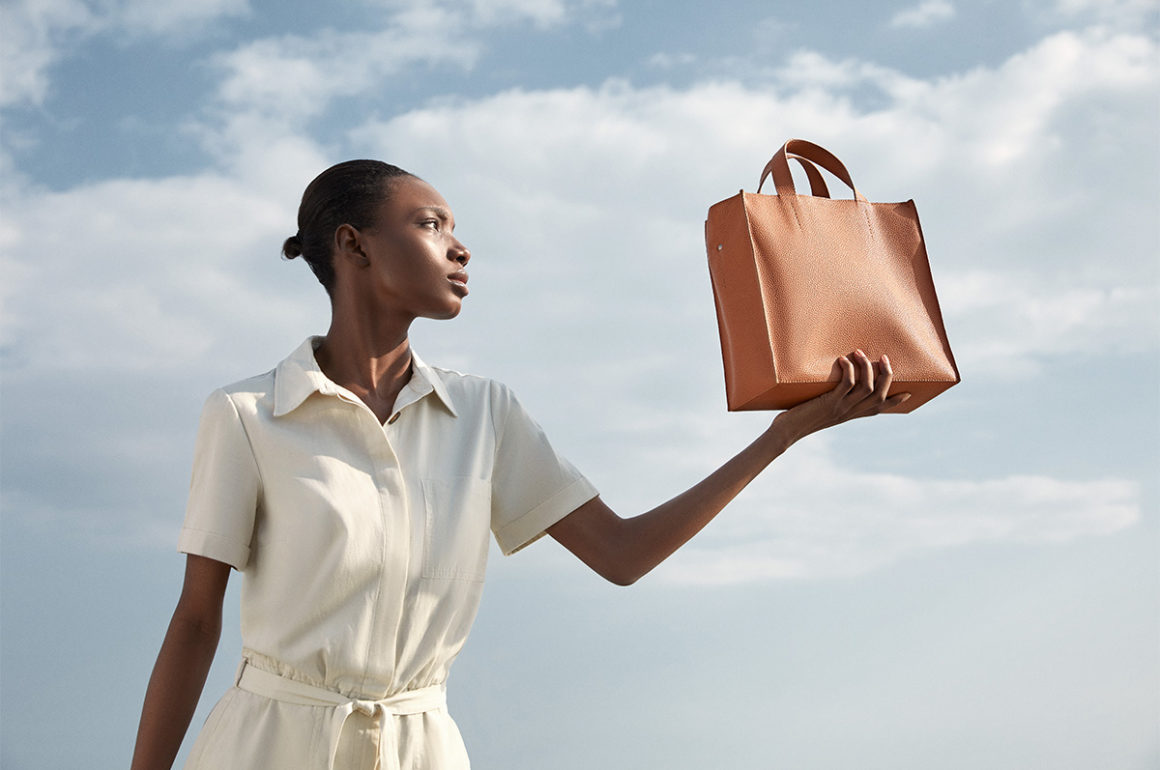




Recent Comments